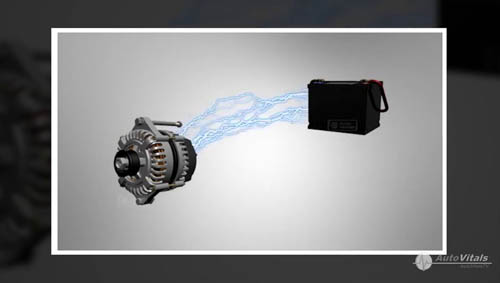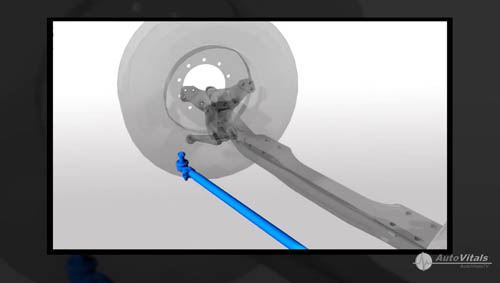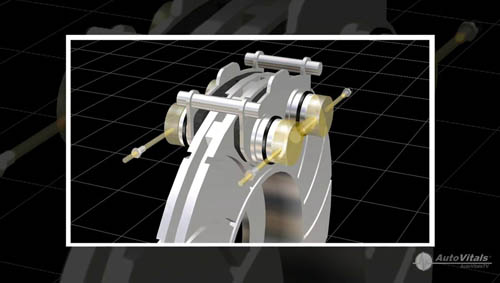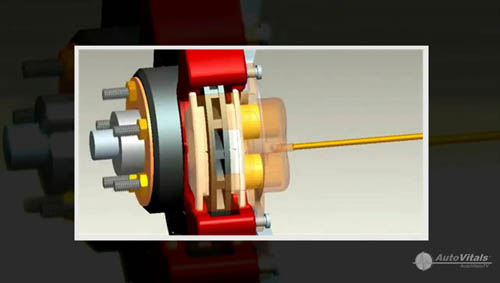Alternator
The alternator is an important component that charges your car’s battery. It’s an electrical generator that converts mechanical energy to electrical energy in the form of alternating current. Ask your service advisor to inspect the condition of the charging system during every major service. If you lose power in your headlights or your car takes…





